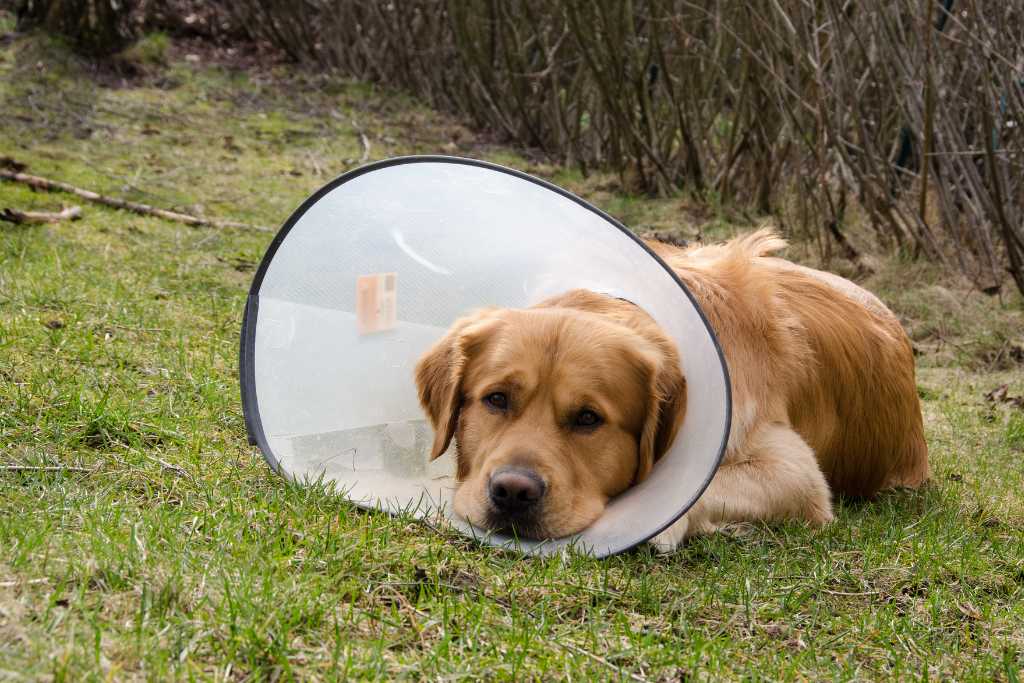MORE TO SHIP FREE 🚚
NICE. SHIPPING IS FREE 🎉
MORE TO REDEEM GIFT 🎁
YAY. REDEEM A FREE GIFT 🥳
YOUR CART IS EMPTY. SHOP NOW.
Many plants, chemicals, and even human foods are toxic to dogs. Some dogs will eat anything they come across – from grass and toys to rat poison and antifreeze. Teaching your dog not to scavenge can be a lifesaver but we are not always around to monitor our pets. As such, recognising the common signs of poisoning and how to respond in case your dog ate something toxic is important.

The symptoms of poisoning will vary depending on the substance and quantity your dog has breathed in or eaten. The following is not a complete list but gives you a general idea of common signs to look for if you suspect your dog has been poisoned.
Diarrhoea
The diarrhoea is often caused by stomach irritation due to the toxin. You may notice blood in the stool (either bright red blood or dark black tarry stools.
Vomiting
This can occur with or without the presence of blood.
Seizures or tremors
During a seizure, your dog may lose all consciousness, convulse, urinate, or defecate involuntarily. Clean up dog seizure urine or poop after your dog has finished their seizure. Use a stain and odour remover like this Kin+Kind Pee+Stain+Odor Destroyer Fabric & Carpet Spray to prevent other pets from re-soiling the same area.
Lethargy and general muscle weakness
This can be due to the general ill effects of the toxin, but it might also be a sign that the toxin is affecting the dog’s muscles, including the heart muscle. With a weakened heart and poor circulation, the dog will suffer from a lack of oxygen and lethargy.
Laboured breathing
Slowed heart function can cause a build-up of fluid in the lungs that leads to breathing difficulty. Poisons that interfere with blood clotting, such as rodenticides, can also result in blood in the chest cavity causing breathing difficulties as well.
Bruising and bleeding
This can be difficult to see on a dog due to their fur, but you may notice small red spots of bruising on the ear flaps, belly, or other areas with less fur covering. In severe cases, you might observe bleeding from the nose, mouth, or blood in their stool, vomit, or urine.

Nausea and excessive drooling
Drooling is a sign of nausea. Your dog drooling excessively. Following excessive drooling, she may begin foaming at the mouth.
Rash, itch, or blister
This typically occurs when a toxin comes into contact with the dog’s skin. You may notice red, irritated skin, blisters, and itching in the affected area.
Kidney failure
In cases of kidney failure, you may notice increased or decreased urination increased drinking, and vomiting. Increased urination may result in accidents in your home and your pup soiling herself. Try to keep her clean with gentle, hypoallergenic pet wipes.
Liver failure
In cases of liver failure, you’ll notice a yellow tinge in the dog’s eyes and gums. Vomiting and diarrhoea may be present too.
Some poisons act immediately, while others can take several hours before any symptoms appear. Some signs will be impossible to notice on your own such as an irregular heartbeat. The ones listed here are some of the more noticeable signs. Look for other signs around the house that may indicate your dog has eaten a toxic substance like missing food items from the kitchen counter, mangled plants, broken or empty bottles, and opened trash bins. In cases of suspected poisoning, do not delay in getting veterinary help. Alert your veterinarian immediately.

If you suspect poisoning, take immediate action. The faster you respond, the better the outlook for your dog. Here are the steps you should take:

There are all kinds of substances that can poison your dog. Some are obvious like chemicals or insecticides, but others are safe for people and therefore often assumed to be safe for dogs too. Dogs have different metabolism, and what is safe for us may not be safe for them. Be aware of the following items that can be toxic to our furry friends:

There are some basic rules we can adhere to prevent our pups from being poisoned. These include:

Comments will be approved before showing up.
Stop puppy nipping early! Learn simple, friendly tips to teach bite inhibition and raise a gentle, well-behaved dog.
Treat smarter, not more. Learn how to choose safe, healthy dog treats, how much to give, and how to reward...
Meaningful, pet-safe ways to celebrate Chinese New Year with your dog - from festive attire, grooming to safe treats and...



